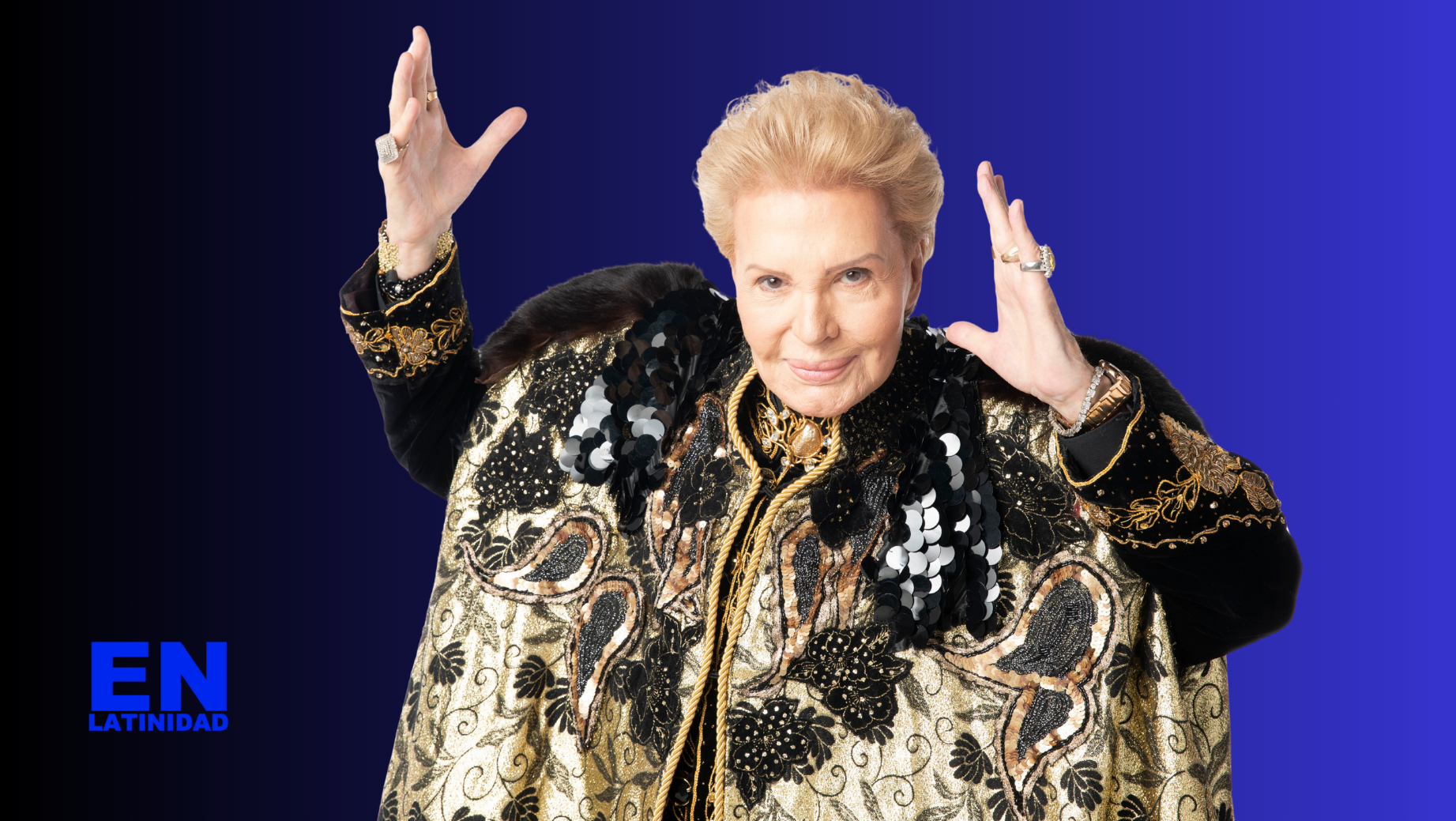The Stars Mourn Too: Remembering the Magic and Legacy of Walter Mercado
Today, the universe feels dimmer. On November 2, 2019, the world lost an icon, a visionary, and a spiritual guide when Walter Mercado, beloved astrologer, actor, and Latin American television personality, passed away at the age of 87 in San Juan, Puerto Rico. Known for his dazzling robes, ethereal charisma, and signature phrase “¡Mucho, mucho amor!,” Walter was more than a television figure—he was a cultural phenomenon whose presence brought comfort, hope, and empowerment to millions across generations and borders.
Walter Mercado’s influence is impossible to overstate. For over 30 years, he graced the television screens of Spanish-speaking households across Latin America and the U.S., delivering daily horoscopes filled with optimism, love, and celestial insight. His segments weren’t just astrology—they were rituals. Families paused conversations, turned up the volume, and watched in reverence as Walter, draped in ornate capes and radiant energy, offered guidance from the stars. In a media world often lacking diversity, Walter was a rare and bold figure who challenged gender norms, spirituality, and the expectations of Latinidad.
Born in Ponce, Puerto Rico, Walter began his career as a dancer and actor before finding his true calling in astrology. What began as a guest appearance interpreting zodiac signs on television quickly blossomed into a decades-spanning career. His horoscopes were syndicated in newspapers, televised in multiple countries, and followed by millions. Despite the media industry’s frequent reluctance to embrace LGBTQ+ figures, Walter remained unabashedly himself—flamboyant, kind, and mysterious—becoming a beacon of visibility long before the world had language to fully honor it.
His message was always one of universal love. He didn’t weaponize fear or forecast doom. Instead, he infused his astrology with compassion and encouragement, empowering people to believe in their potential and trust in divine timing. For immigrants, queer youth, working-class families, and elderly viewers alike, Walter was a source of stability and warmth. He reminded us that we were guided, seen, and worthy of love—no matter what the stars had in store.
Walter Mercado’s legacy goes far beyond horoscopes. He was a spiritual leader, a fashion icon, and an unapologetic dreamer. In a world that often demands conformity, Walter taught us that individuality is sacred, that mysticism is beautiful, and that love is the most powerful force in the cosmos. His 2019 resurgence through the Netflix documentary Mucho Mucho Amor (which premiered posthumously in 2020) is proof that his message still resonates deeply and that his life continues to inspire younger generations discovering him for the first time.
As we mourn his passing, we also celebrate all that he gave us: a reason to believe in magic, a template for living authentically, and the reminder that even in death, stars don’t disappear—they just shine differently. Walter Mercado may no longer walk this Earth, but his spirit floats freely in the cosmos he adored so deeply.
Rest in power, Walter. Mucho, mucho amor.





Leave a Reply
You must be logged in to post a comment.